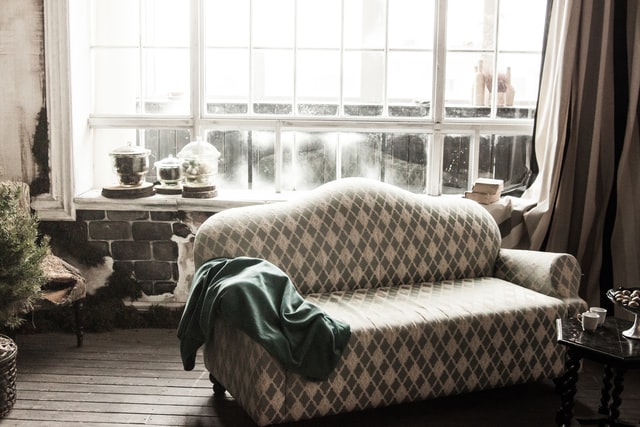As HVAC professionals, we’re often asked about indoor humidity; what’s the best range? How does humidity affect air quality? Are there health benefits associated with certain humidity levels? It’s easy to see why people have questions about humidifiers, especially given that our climate here in south Texas tends to be humid, especially in the summer. Also, a dehumidifier is actually a great way to improve indoor air quality.
However, during the cooler winter months, indoor air can lose a lot of moisture. This may result in dry skin and sore throats. Too-dry indoor air can also exacerbate flu and cold symptoms, aggravate allergies and trigger asthma symptoms.
Here’s what you should know about the role humidifiers can play in optimal indoor humidity levels.
Benefits of Ideal Relative Humidity
Let’s start with the basics: Humidity is simply the amount of water vapor in the air. When too much moisture escapes, the humidity level drops, and the air feels dry, making your body feel cold and your skin feels tight.
What’s the ideal relative humidity level for inside a home or building? In most cases, an ideal comfort level requires humidity to fall between 35 and 50 percent. Levels depend, in part, on the outdoor air temperature. As a general rule, as temperatures drop, so should indoor humidity. When temperature and humidity are balanced, you’ll feel more comfortable in your home.
The right humidity level means you’ll feel cozy at lower temperatures. But it’s not just about comfort levels; humidity also plays a role in health, as well. When humidity drops to below-optimal levels, you might notice physical symptoms such as these:
- Dry, irritated, or itchy skin
- Bloody noses
- Chapped, cracked lips
- Dry throat
- Nose irritation
- Dry cough
- Sinus headaches
- Congestion
- Vocal chord irritation
If anyone in your home has allergies or asthma, too-dry air can aggravate respiratory inflammation. Low humidity can also exacerbate the symptoms associated with the common cold and seasonal flu. Low humidity can even harm your home. Wood floors and furniture may crack when the air gets too dry. You’ll often notice an increase in annoying static electricity. Even houseplants suffer when humidity levels drop below optimal levels.
Types of Humidifiers
There are several ways to increase humidity levels inside your home. You may choose from small portable units, larger console units that humidify larger spaces, and whole-home humidifiers that work with your Multi-Zone HVAC system to control humidity levels.
Air Washers
An air washer removes dust, pollen, and other large particles from the air by drawing air through water. The cleaned air is then released, along with moisture. This type of humidifier requires regular maintenance; filters must be cleaned regularly to remove pollutants.
Cool Mist Humidifiers
This type of humidifier releases moisture into the air in the form of a cool vapor. Moisture is drawn through a filter that catches impurities. This is a good choice for warm areas or those with respiratory issues. However, it’s important to keep cool mist humidifiers very clean to reduce the risk of bacterial contamination.
Evaporators
Evaporators use a fan to blow air across a moistened filter, belt, or wick. Generally, this type of humidifier works in a single room at a time. Evaporators offer a more affordable option than a central humidifier but have the potential to release too much humidity which may lead to mold growth. This type of humidifier isn’t always the best choice for those with asthma.
Ultrasonic
As its name suggests, this type of humidifier uses ultrasonic vibrations to create water vapor. The moisture is released into the air in the form of a warm or cool mist. Many whole-home humidifiers use this type of system.
Vaporizers
Vaporizers offer an affordable option. This type of humidifier heats water to steaming, then emits mist into the air. You can add inhalants, making it a good choice for those with the cold or flu. Vaporizers must be kept clean to reduce the risk of bacterial growth.
Not sure if your home and health would benefit from a humidifier — or from a dehumidifier? The experts at North East Air Conditioning, Heating & Plumbing can help.
Contact us to learn more about how to manage your home’s humidity level. You can call us at(210)658-0111


